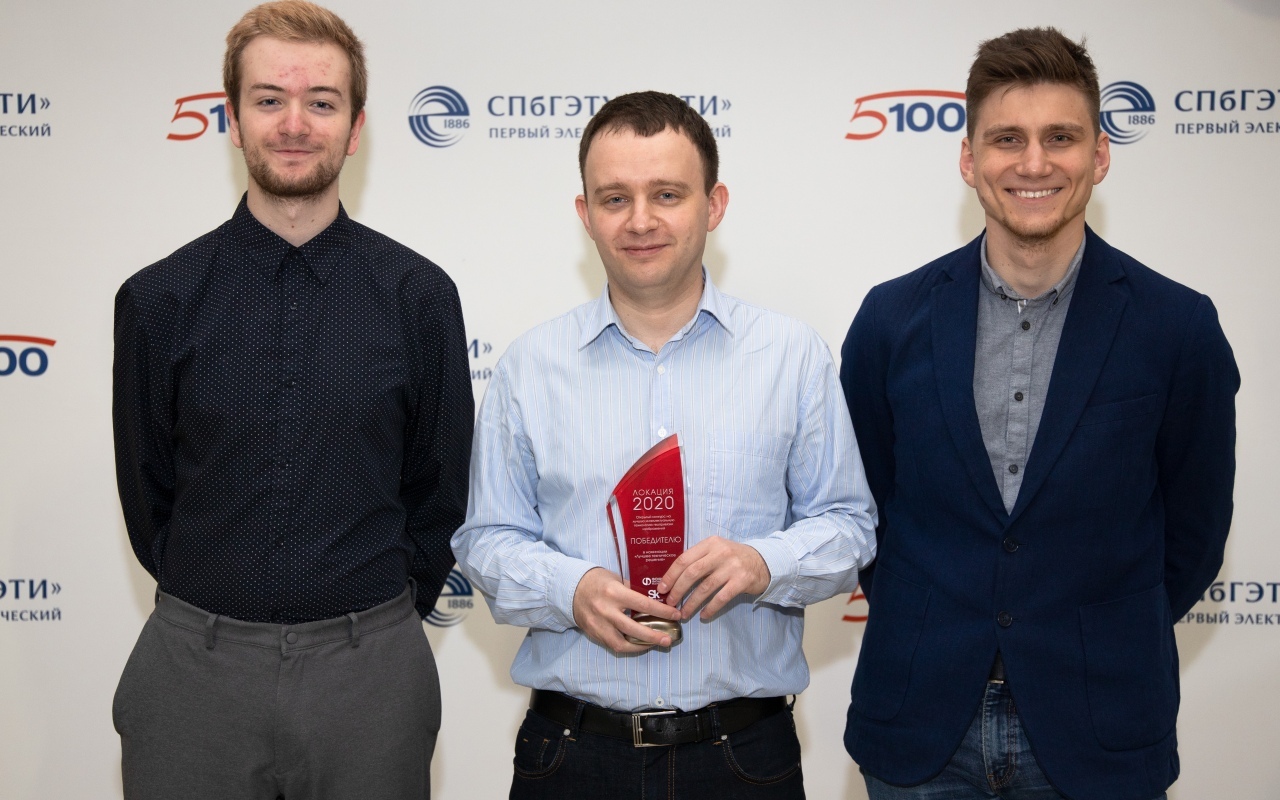Intelligent Image Georeferencing Technology Gets Support from the Foundation for Advanced Research
New Delhi: In November, the Russian Foundation for Advanced Research Projects announced the results of the contest for the best intelligent technology for image georeferencing. The Skolkovo Foundation was a partner of the competition with technical support from Forexis LLC.
The contest was held to find the most promising and advanced technologies for determining the location of photos and recognition of various objects on them: signs, license plates, information and advertising signs, landmarks, and natural landscapes.
The finalists of the contest were the teams of the St. Petersburg Electrotechnical University “LETI,” Mozhaysky Military-Space Academy, Bauman Moscow State Technical University, Volgograd State University, and Unit LLC (St. Petersburg).
In the Best Technical Solution nomination, the winner is a team of ETU “LETI” consisting of Dmitry Kaplun, an associate professor of the Department of Automation and Control Processes, Alexander Sinitsa, a postgraduate student of the department, and Evgeny Shalugin, a student of the Faculty of Computer Science and Technology.
ETU “LETI” researchers developed a technology for determining the location of photos based on algorithms of artificial intelligence and machine learning. The solution is capable of detecting objects such as pointers, information signs, and landmarks in images. “Geopositioning using a photo is a very difficult task. As a rule, solutions are limited to certain areas of the world, photos of landmarks, or the mandatory presence of metadata. We had to teach artificial intelligence to locate any photo, from selfies to professional shots. We solved this problem by methods of deep learning using convolutional neural networks,” Alexander Sinitsa, a postgraduate student of the Automation and Control Processes, says.
Classic algorithms of photo location solve the problem of classification – the Earth map is divided into geographical areas. The team solved the problem of overfitting and imbalance of datasets by dividing the planet into cells with the same number of images.
“We have solved the problem of inability of the neural network to remember all the variety of places in the world by additional classification of scenes – the context of photos, which are shared by different environmental conditions.”
Dmitry Kaplun, an associate professor of the Department of Automation and Control Processes
The technology developed by the ETU “LETI” team can be used in autonomous driving systems, augmented reality, geolocalization of archive photos, and geoinformation systems.
Developers plan to expand the learning dataset, increase the number of scenes, and apply to them different models of object classification. The Russian Foundation for Advanced Research Projects offered to conclude a contract to continue work on the project for one of its customers.

